I am an Android programmer developing a simple mobile app (very similar to a regular messenger).
I use a client-server architecture. Server is written in Java and runs on Google App Engine. Native Android client makes HTTP requests to server, and server sends a GCM message to addressee(s) or responds with a JSON object to the caller. There is SQLite RDBMS used as a cache.
Writing a separate application, from scratch, for each unique mobile platform is expensive. And now, when the application is almost ready, I starting to think how can I easily port it to other mobile platforms: iOS and Windows Phone. Please, if you have any experience in creating cross-platform mobile apps advice me the easiest way of developing and maintaining such apps.
I have found several options so far

Delphi XE | Delphi, native compilation | Delphi developers Unity3D | C#, UnityScript, Boo | Game developers
I look towards j2objc, JUniversal, and Appery.io (roughly saying, PhoneGap wrapper). My questions is Which of these products are mature?
Especially,
- Can I use RetroFit and ActiveAndroid together with one of them?
- Can I receive push notifications (GCM / APN / MPNS) using any of this products?
ps. I refused to use Unity3D and Delphi XE, cause I think they greatly increase the application size. I refused to use Xamarin, cause I am not a .Net developer.